Mariska van Essen
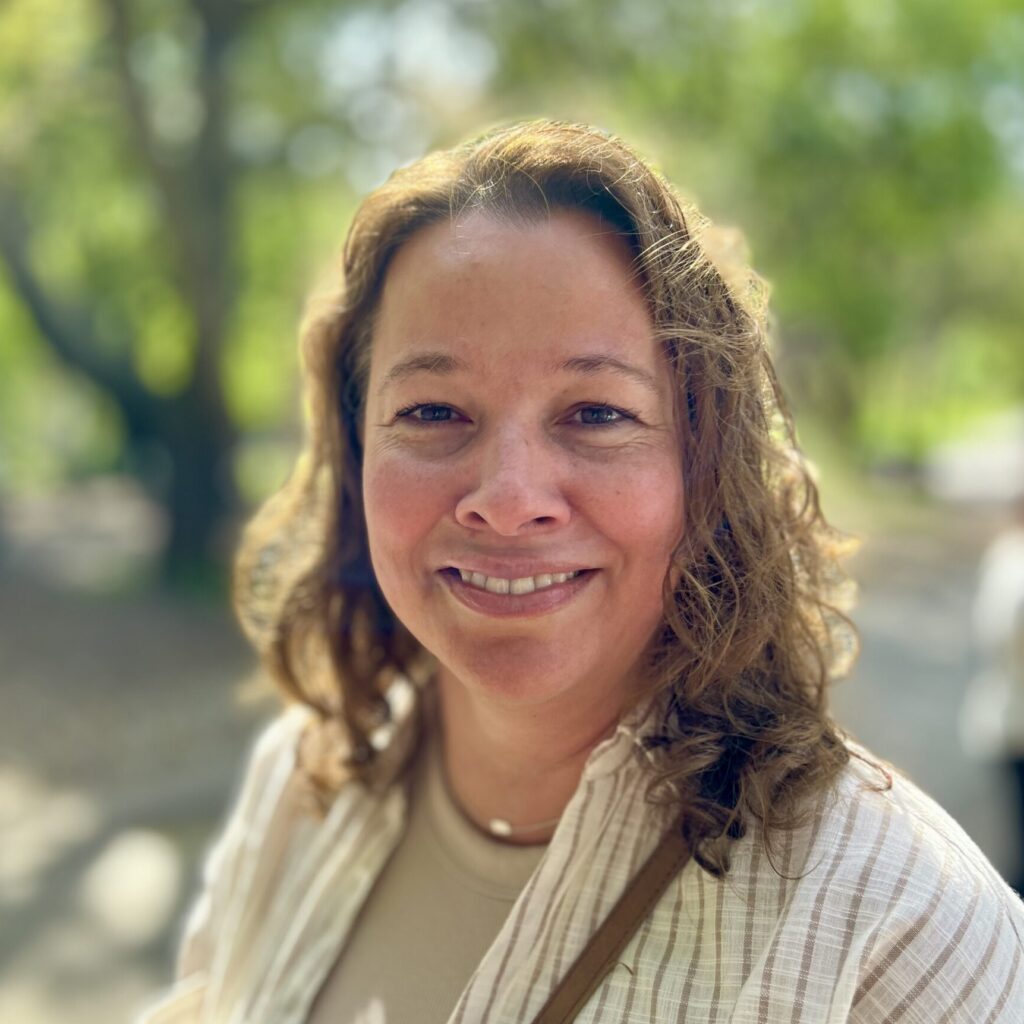
Mariska is the FASA Vice-President and lives in Wellington, New Zealand with her husband and two children. Their eldest son has Fanconi Anaemia. Mariska is an experienced Registered Nurse and brings a range of leadership skills around communication, relationship building, and professional growth. Mariska prioritises the advancement of quality standards of practice, and great, individualised […]
Eli Chan
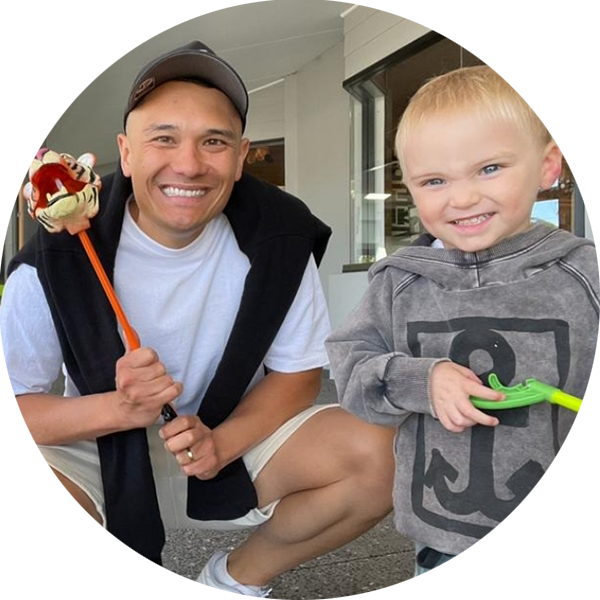
My name is Eli and I am from Sydney Australia who works for the NSW Government in Community Engagement and Risk Reduction. My son Noah, was diagnosed with Fanconi Anaemia in 2022 (when he was just a year old). Since his diagnoses Noah, my wife and I have met some amazing people along our journey […]
David Rodwell
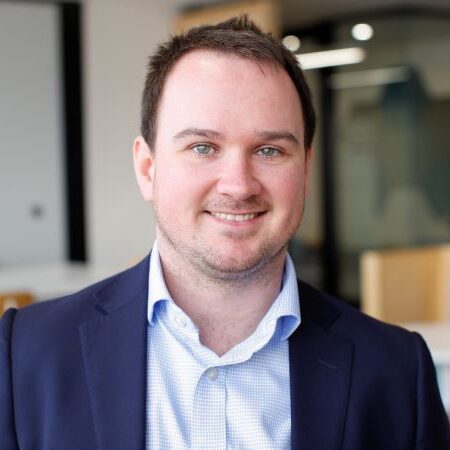
David is a lawyer and policy advisor from Sydney, Australia working within the NSW court and tribunal system. He was formerly a senior policy advisor to the NSW Minister for the Environment and was admitted in 2022 as a solicitor of the Supreme Court of NSW. David is highly active in the local and global […]
Harvey Jones
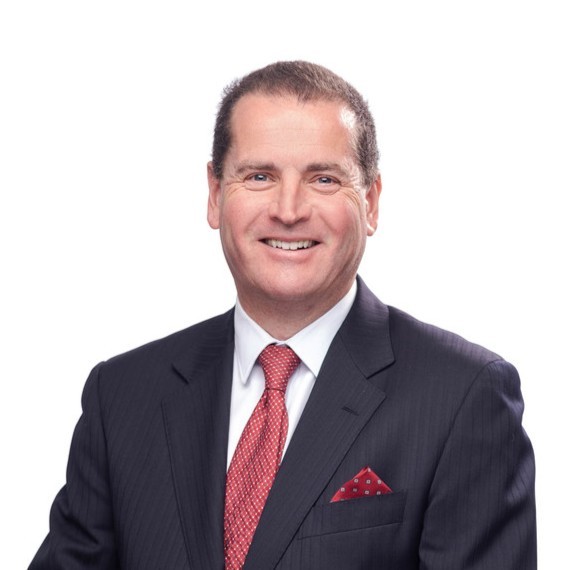
Harvey is a Chartered Accountant and has more that thirty years experience, qualifying in the UK before moving to Australia in 1999. Harvey has held senior finance roles in industry and is currently the CFO of an advanced manufacturing business. Harvey has an MBA from the Australian Graduate School of Management. Outside of work Harvey […]
Leave Jimmy a message!
Identification of the genetic causes of Fanconi anaemia

We are studying the genetic causes of Fanconi anaemia and similar conditions. Knowing which gene variant(s) is causing FA in an individual, or runs in a family, is useful because: To participate or for more information, contact research@fasa.org.au
Amelia Hawkshaw

My name is Amelia and I live in Sydney, Australia. I was diagnosed with FA in 2016 when I was 23. It was identified after I had chemotherapy for bowel cancer, and my body reacted pretty negatively to it! I haven’t been transplanted. I have a team of doctors at Chris O’Brien LifeHouse in Sydney […]
Dr. Wayne Crismani
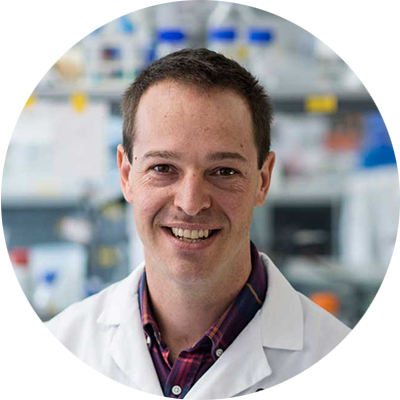
Wayne is a researcher at St Vincent’s Institute of Medical Research (SVI) in Melbourne. His team is focused on understanding Fanconi anaemia and he is passionate about making a difference to people affected by FA through fundamental research and through FASA. Wayne, Hannah Fluhler and a large team of experts have a research study open, […]
Alan Howard-Jones
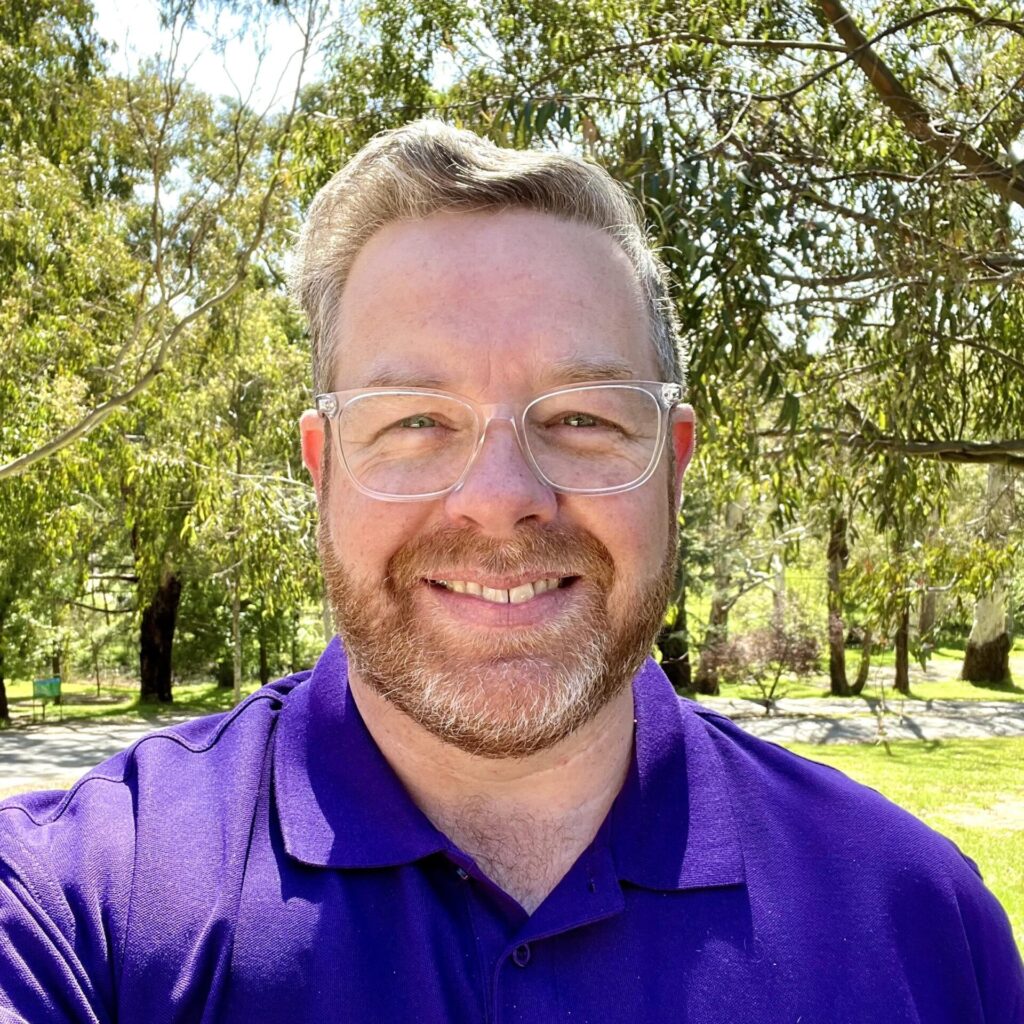
Alan is FASA’s current President and Treasurer and lives in Adelaide, South Australia. Alan has been connected to the Fanconi Anaemia community since 1998 when he married his late wife Charisse, an FA adult (now deceased). Alan has over 25 year’s working experience in the private sector, covering business management and administration, customer engagement and […]
Chris Hawkshaw
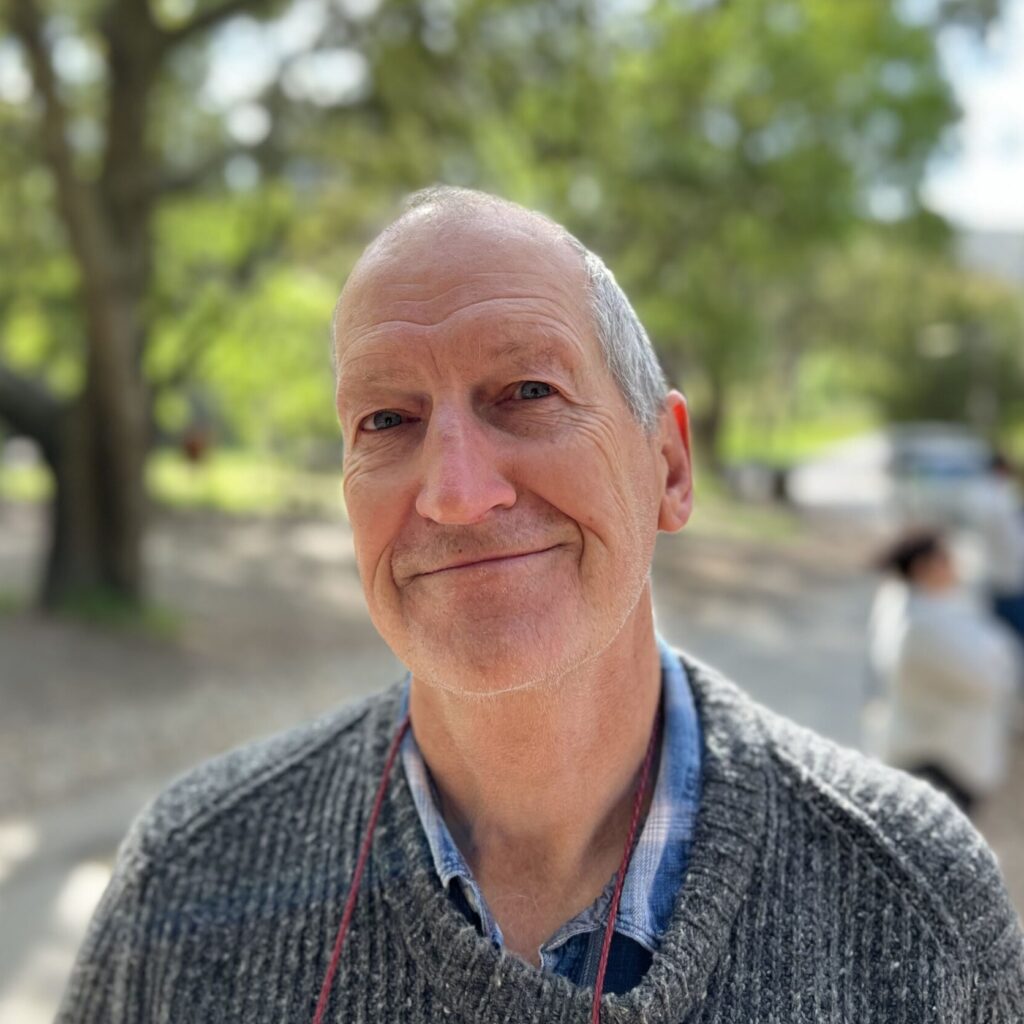
Chris is the FASA Secretary, and together with his wife Barbara were the founding members of FASA with Barbara the inaugural President. Chris and Barbara had not heard of Fanconi Anaemia until their daughter Amelia was diagnosed at age 23, following surgery for bowel cancer and a catastrophic brush with chemotherapy in 2016.Their learning curve […]

